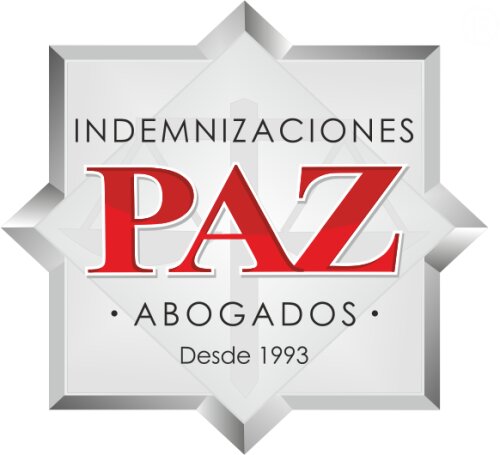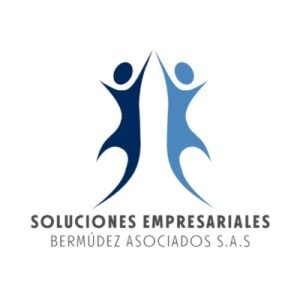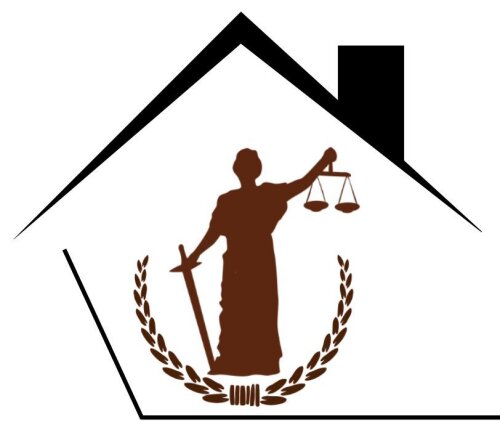Best Franchising Lawyers in Colombia
Share your needs with us, get contacted by law firms.
Free. Takes 2 min.
Or refine your search by selecting a city:
List of the best lawyers in Colombia
About Franchising Law in Colombia
Franchising in Colombia is a growing sector that offers significant opportunities for both franchisors and franchisees. The legal framework governing franchising is not governed by a specific franchise law but rather falls under general commercial and contractual law. Franchising agreements must comply with the Colombian Commercial Code and Civil Code, which require that these contracts adhere to principles of good faith, fairness, and transparency.
In Colombia, franchising provides a way to leverage established brand names and business models. Typically, this involves an agreement between the franchisor, who owns the brand and business model, and the franchisee, who is given the right to operate the business under the franchisor’s system and trademark.
Why You May Need a Lawyer
Franchising involves navigating complex contracts and regulations. Here are some common situations where legal help may be needed:
- Negotiating Franchise Agreements: Ensuring that all terms are clear and beneficial.
- Understanding Legal Obligations: Familiarizing with duties and liabilities as a franchisor or franchisee.
- Dispute Resolution: Handling conflicts that may arise between franchisors and franchisees.
- Compliance with Local Regulations: Making sure that operations adhere to Colombian laws concerning employment, taxation, and business operations.
- Intellectual Property Protection: Safeguarding trademarks and brand identity.
Local Laws Overview
The key legal aspects relevant to franchising in Colombia include:
- Contractual Freedom: Colombian law permits wide contractual freedom, allowing for detailed franchise agreements but necessitating careful drafting to ensure both parties' interests are protected.
- Trademark Law: Trademark registration is highly recommended, as it secures exclusive rights that are crucial in franchising.
- Competition Law: Laws that prevent unfair competition ensure that franchising practices are ethical and do not stifle market competition.
- Taxation: Franchisees and franchisors need to comply with Colombia's tax system, including VAT and income tax, which can affect the financial aspects of franchising.
- Labor Regulations: Employing staff within the franchise must align with Colombian employment laws, covering worker rights and benefits.
Frequently Asked Questions
What is a franchise agreement?
A franchise agreement is a legally binding contract between the franchisor and the franchisee, detailing the rights and responsibilities of each party.
Are franchise agreements regulated by specific laws in Colombia?
Franchise agreements are governed under general commercial contract law in Colombia, without specific franchise legislation.
How important is trademark registration in a franchise?
Trademark registration is vital as it provides legal protection for the franchisor's brand and ensures that only authorized franchisees can use it.
What should be included in a franchise agreement?
A comprehensive agreement should include terms for fees, territorial rights, duration, training, support, and termination conditions.
Can franchise agreements be terminated early?
Yes, but early termination usually involves fulfilling certain conditions outlined in the franchise agreement and may require legal intervention.
What is the role of a franchisor?
The franchisor provides the business model, brand, and support to the franchisee, helping them operate successfully under the franchise system.
What fees are typically involved in franchising?
Common fees include initial franchise fees, ongoing royalty fees, and marketing contributions, all specified in the franchise agreement.
Is there a need for ongoing legal advice after the agreement is signed?
Yes, for maintaining compliance with legal obligations, addressing disputes, and modifying agreements as needed.
How do I resolve disputes between franchisors and franchisees?
Disputes are often resolved through negotiation, mediation, or arbitration, with legal assistance recommended to ensure fair outcomes.
Can foreign entities establish franchises in Colombia?
Yes, foreign entities can establish franchises, but they must comply with Colombia’s investment, tax, and commerce regulations.
Additional Resources
For further assistance, consider the following resources:
- Colombian Chamber of Commerce: Offers guidance on business setup and trade laws.
- Superintendency of Industry and Commerce (SIC): Oversees trademark and competition law enforcement.
- Colombian Franchise Association: Provides support and advocacy for franchise-related issues.
Next Steps
If you are considering franchising in Colombia and need legal assistance, here’s how to proceed:
- Consult a Lawyer: Engage with a legal professional specializing in franchising law to review your plans and agreements.
- Research Thoroughly: Understand all aspects of franchising, including legal obligations and market conditions.
- Conduct Due Diligence: Ensure your potential franchise relationships and terms are fully vetted.
- Stay Informed: Keep abreast of any changes in local laws or business conditions that might impact franchising in Colombia.
Taking these steps will help ensure a smoother and legally sound franchising experience in Colombia.
Lawzana helps you find the best lawyers and law firms in Colombia through a curated and pre-screened list of qualified legal professionals. Our platform offers rankings and detailed profiles of attorneys and law firms, allowing you to compare based on practice areas, including Franchising, experience, and client feedback.
Each profile includes a description of the firm's areas of practice, client reviews, team members and partners, year of establishment, spoken languages, office locations, contact information, social media presence, and any published articles or resources. Most firms on our platform speak English and are experienced in both local and international legal matters.
Get a quote from top-rated law firms in Colombia — quickly, securely, and without unnecessary hassle.
Disclaimer:
The information provided on this page is for general informational purposes only and does not constitute legal advice. While we strive to ensure the accuracy and relevance of the content, legal information may change over time, and interpretations of the law can vary. You should always consult with a qualified legal professional for advice specific to your situation.
We disclaim all liability for actions taken or not taken based on the content of this page. If you believe any information is incorrect or outdated, please contact us, and we will review and update it where appropriate.
Browse franchising law firms by city in Colombia
Refine your search by selecting a city.















